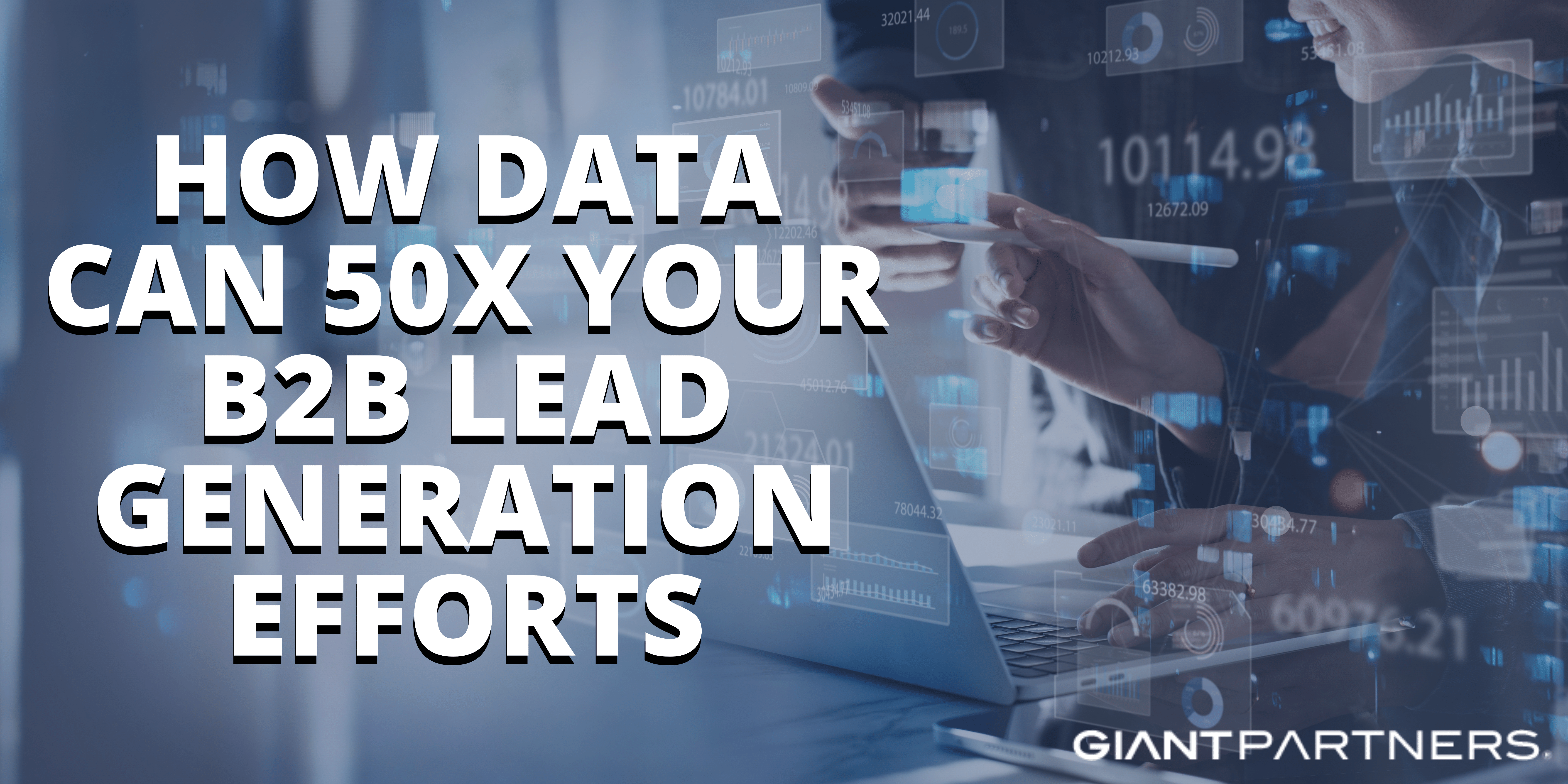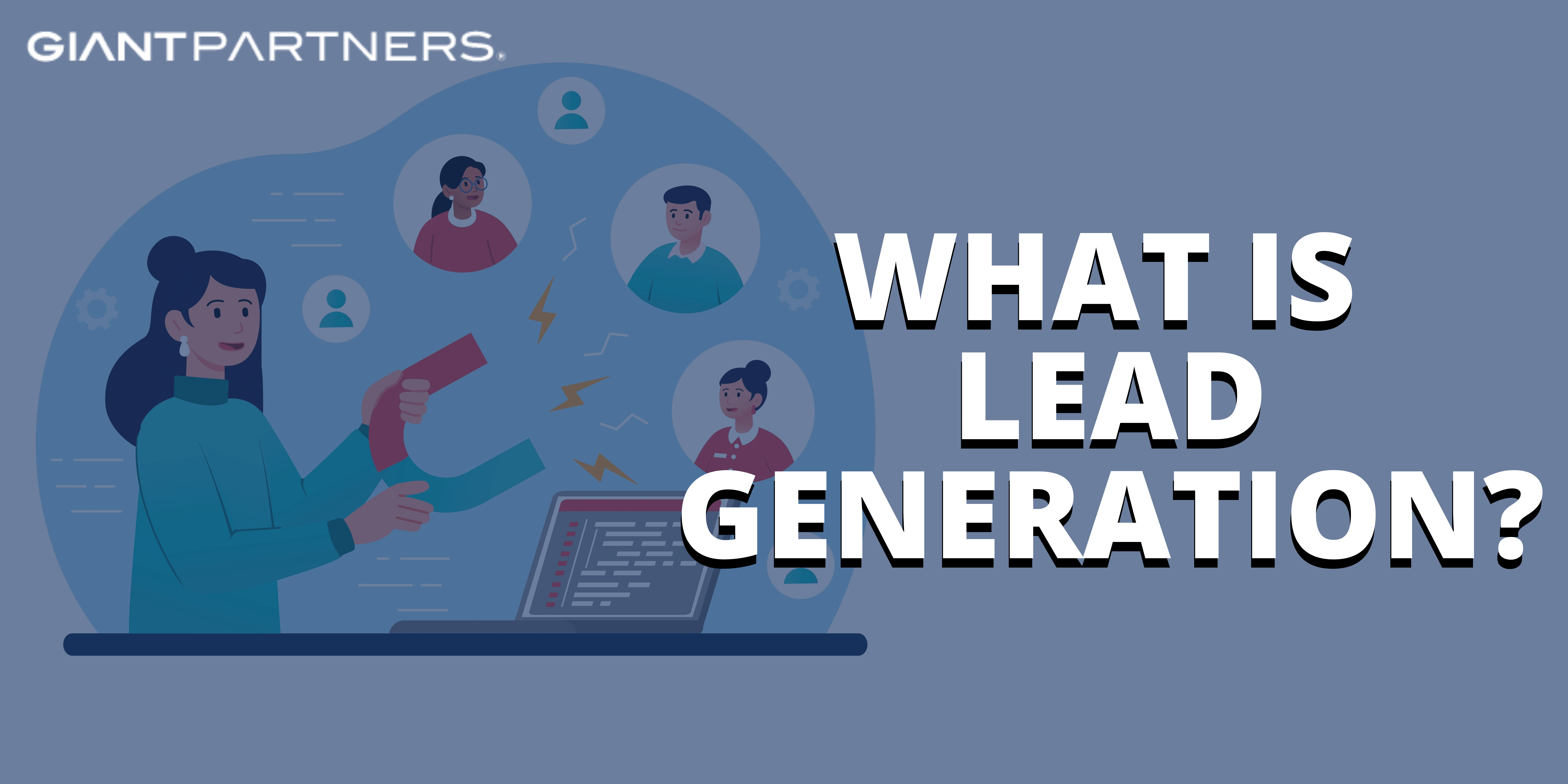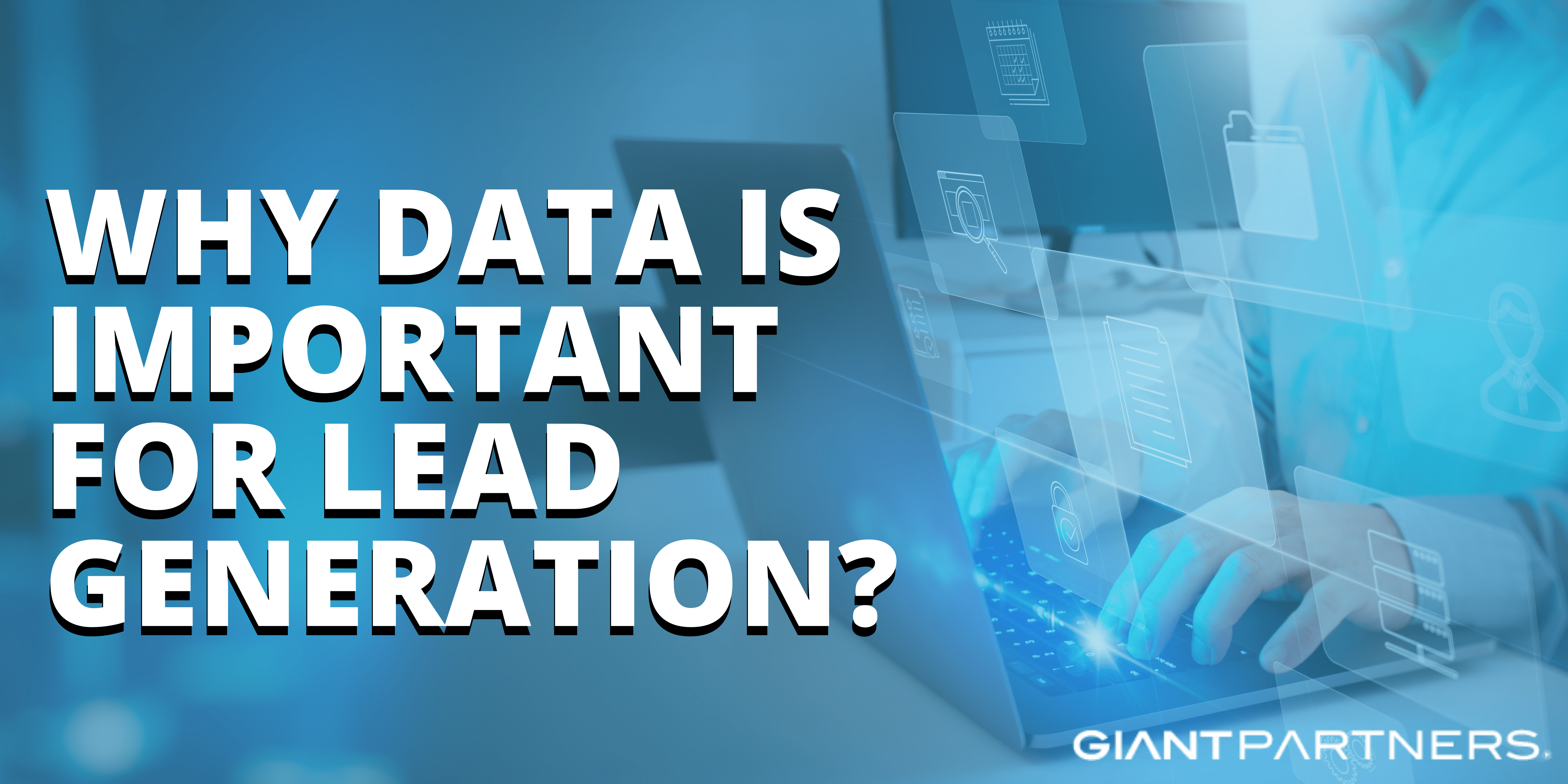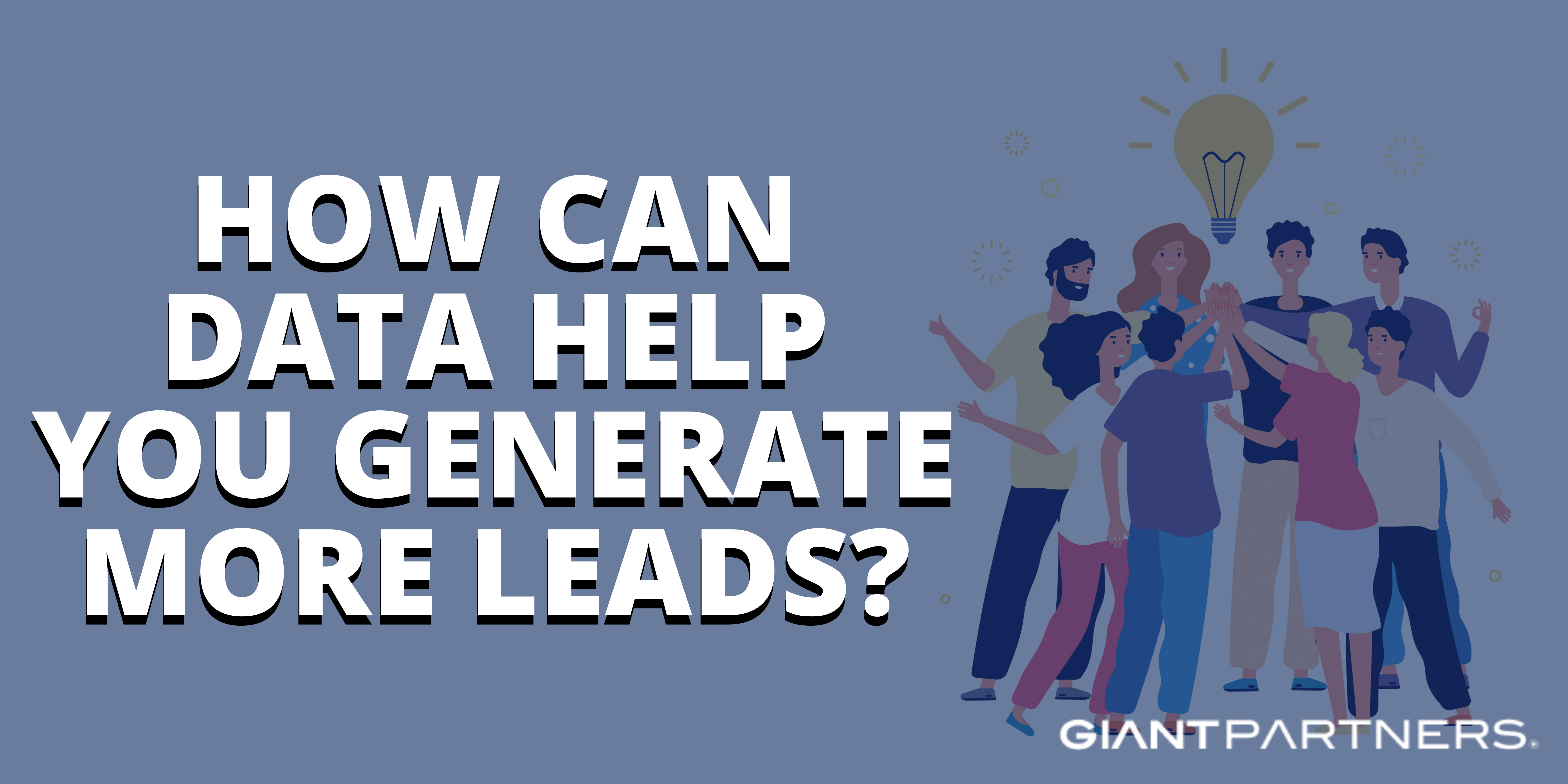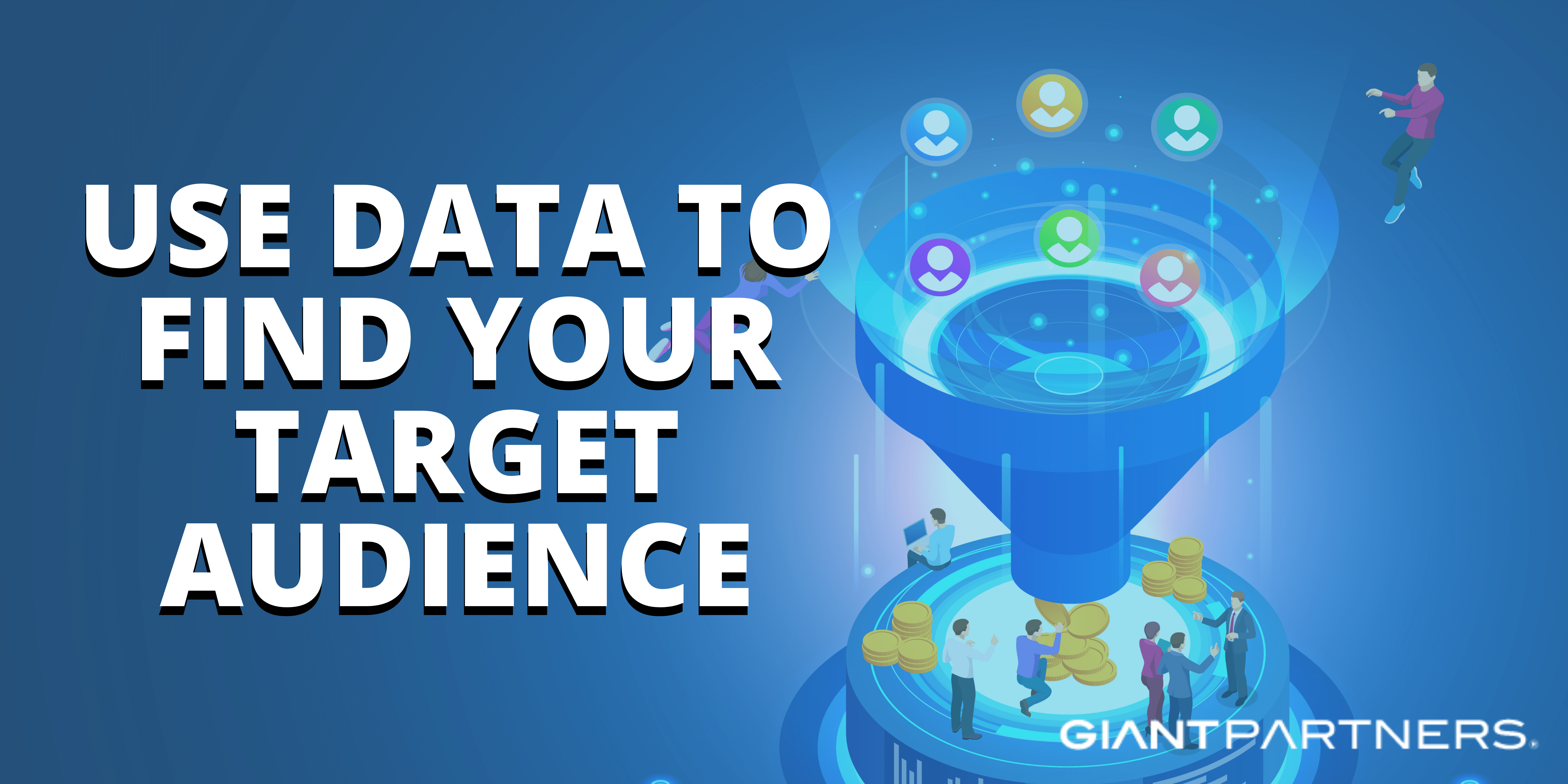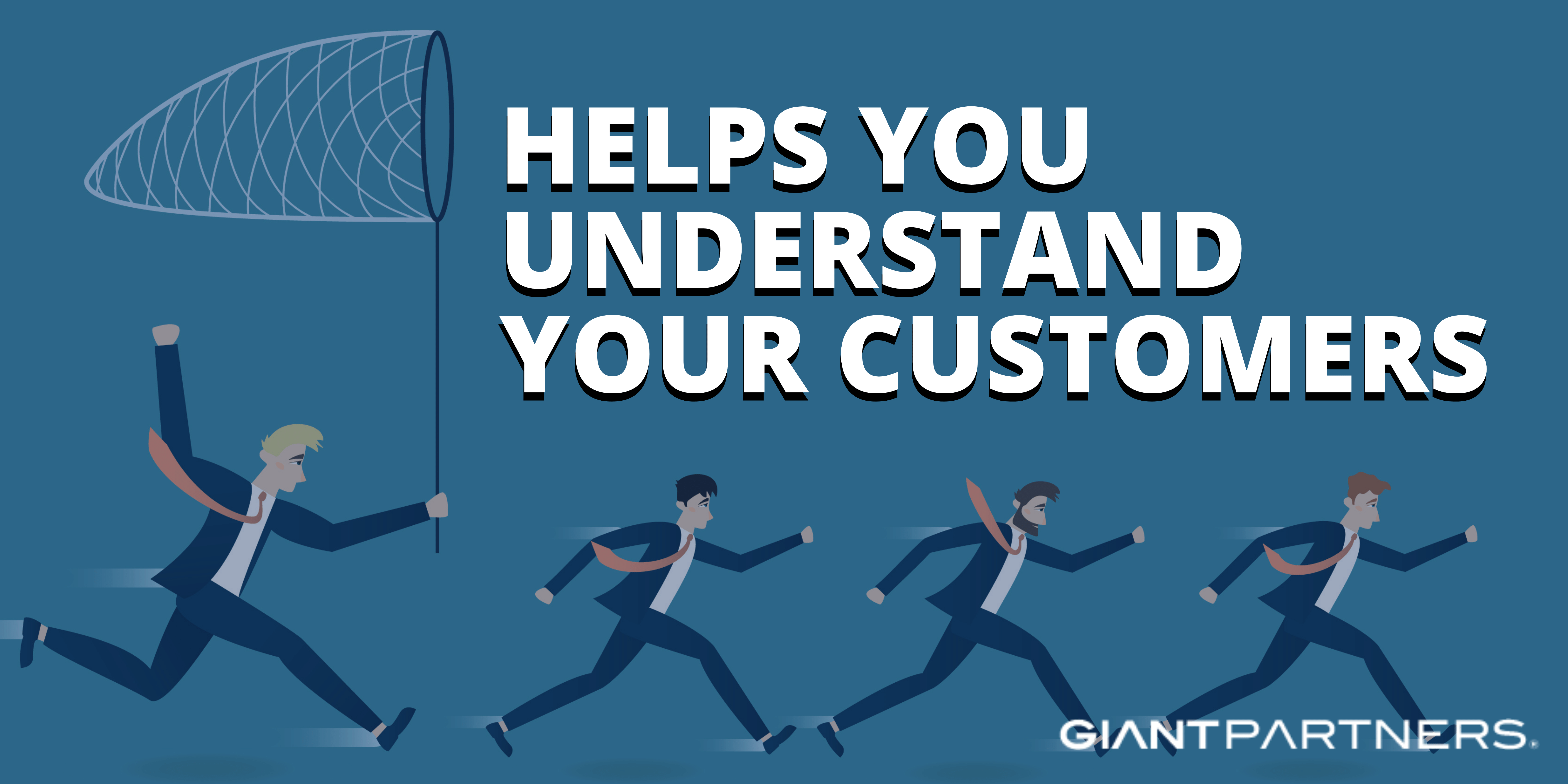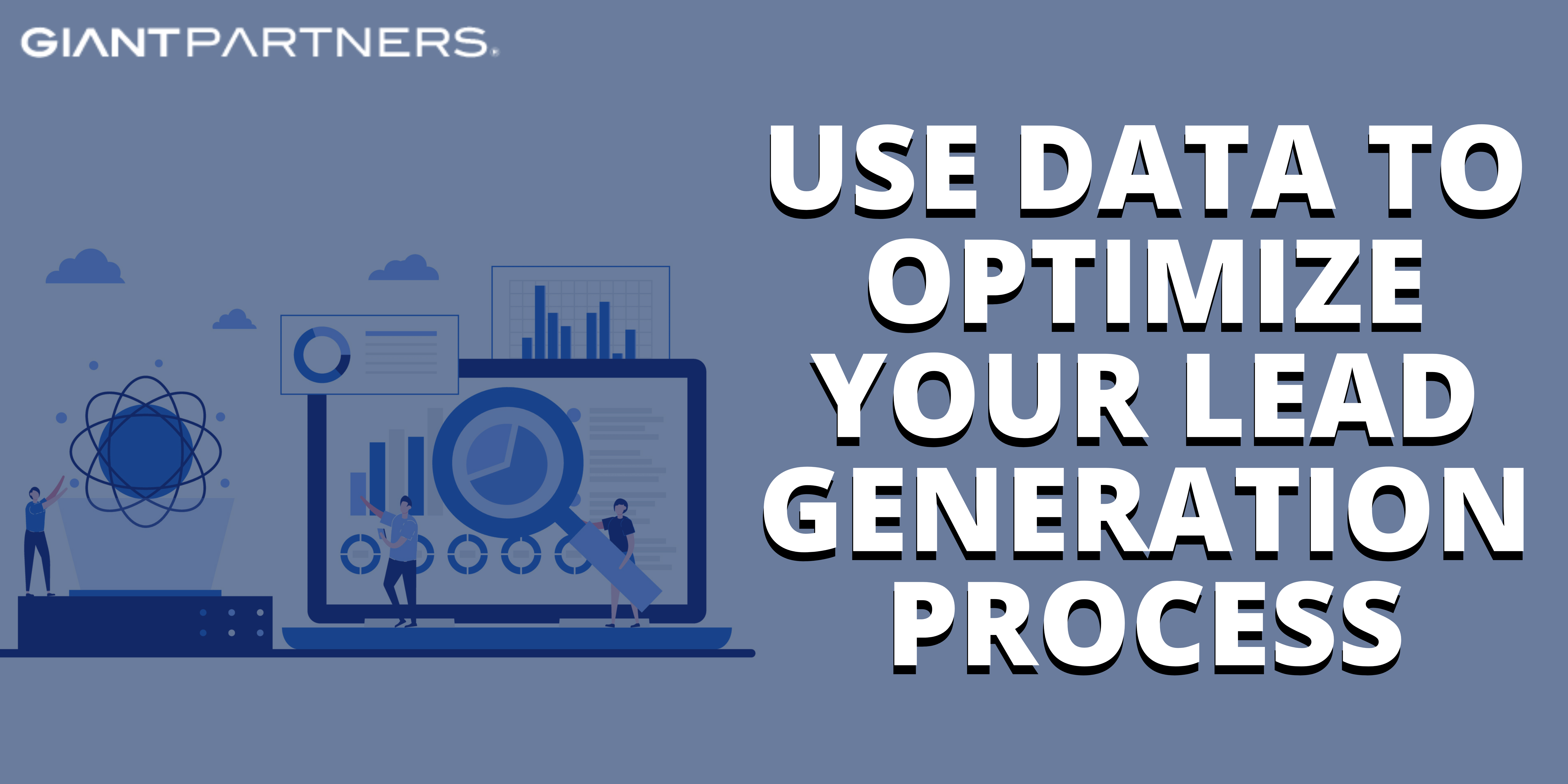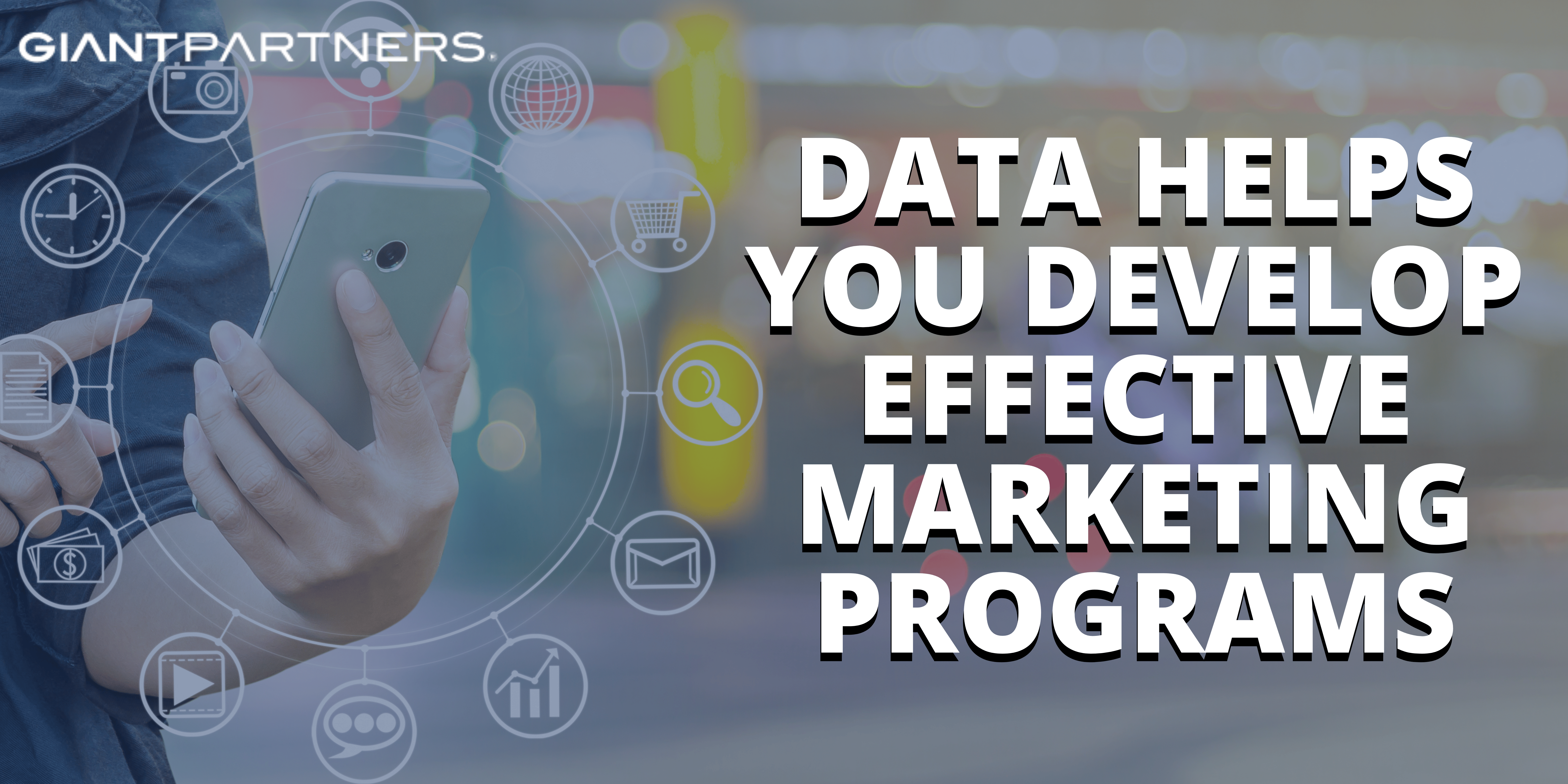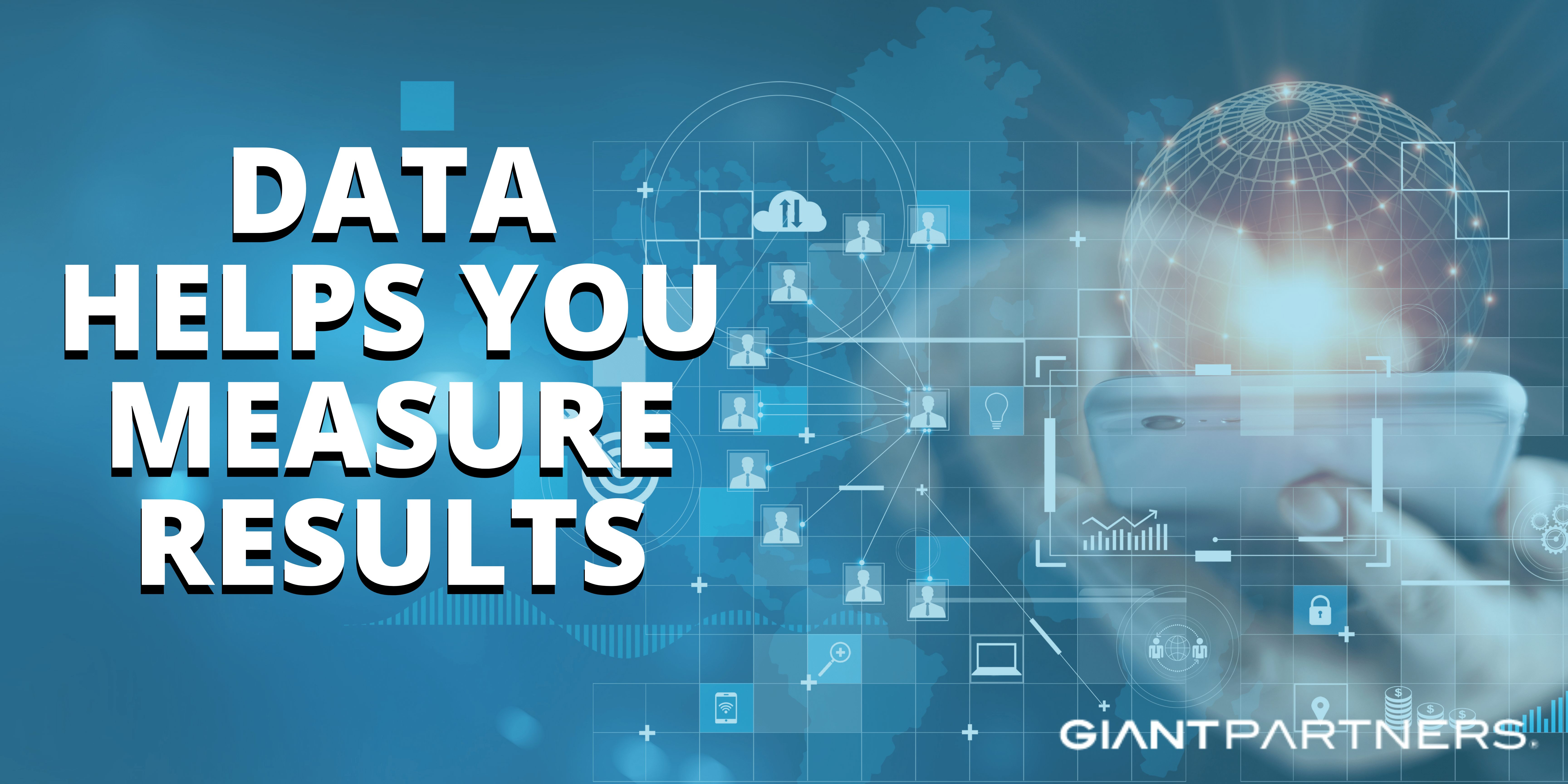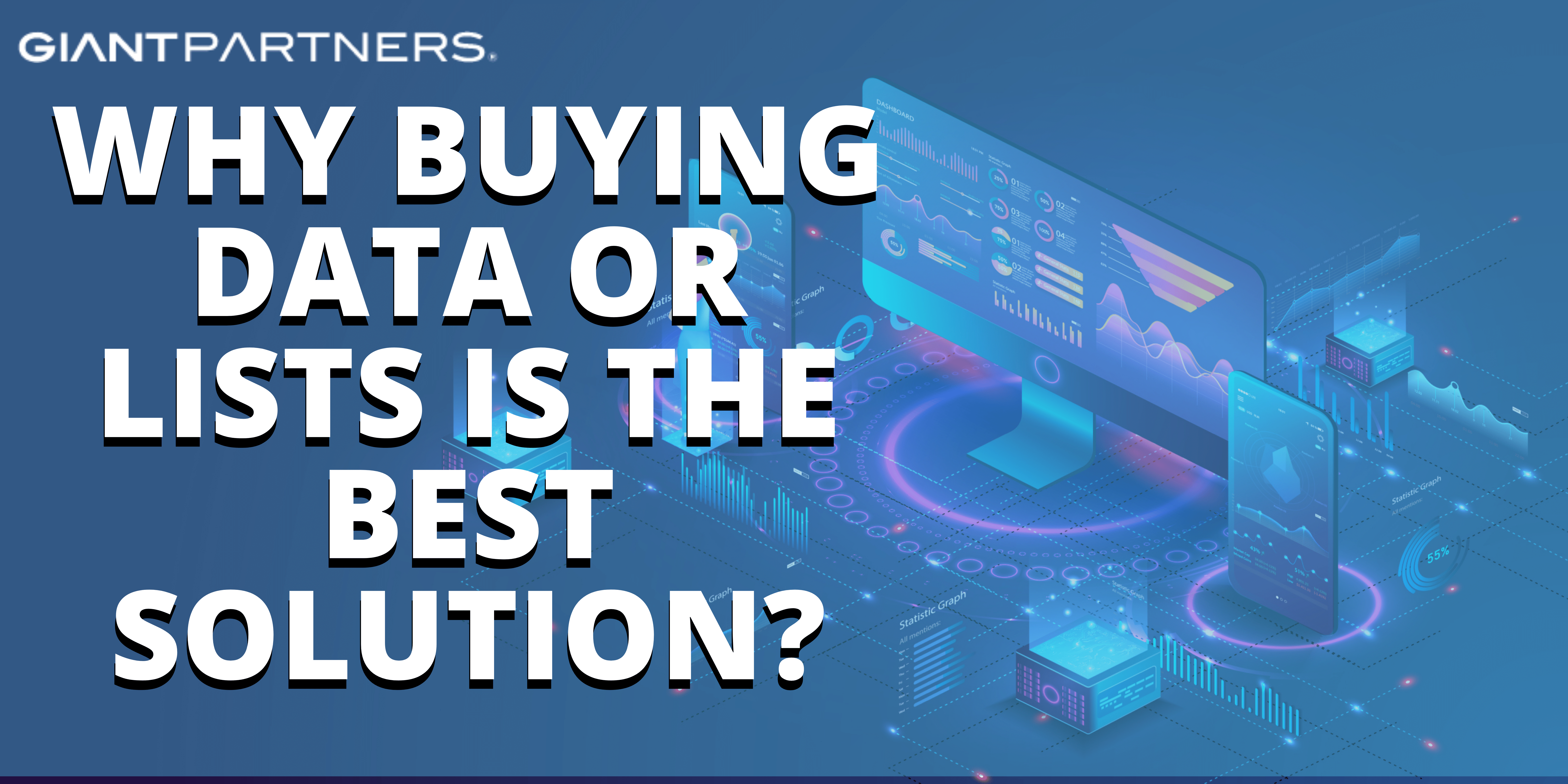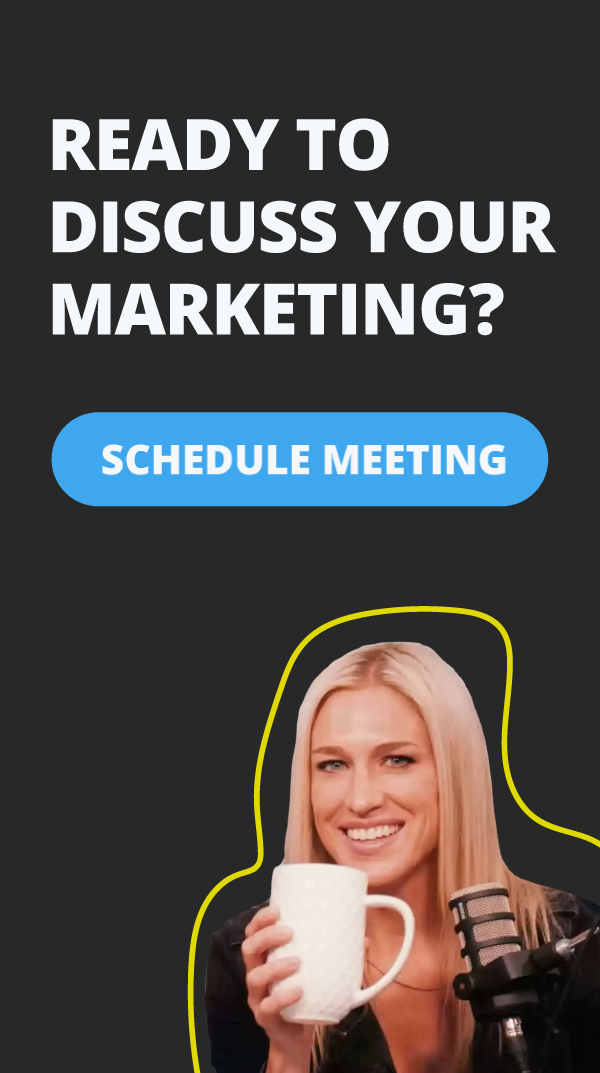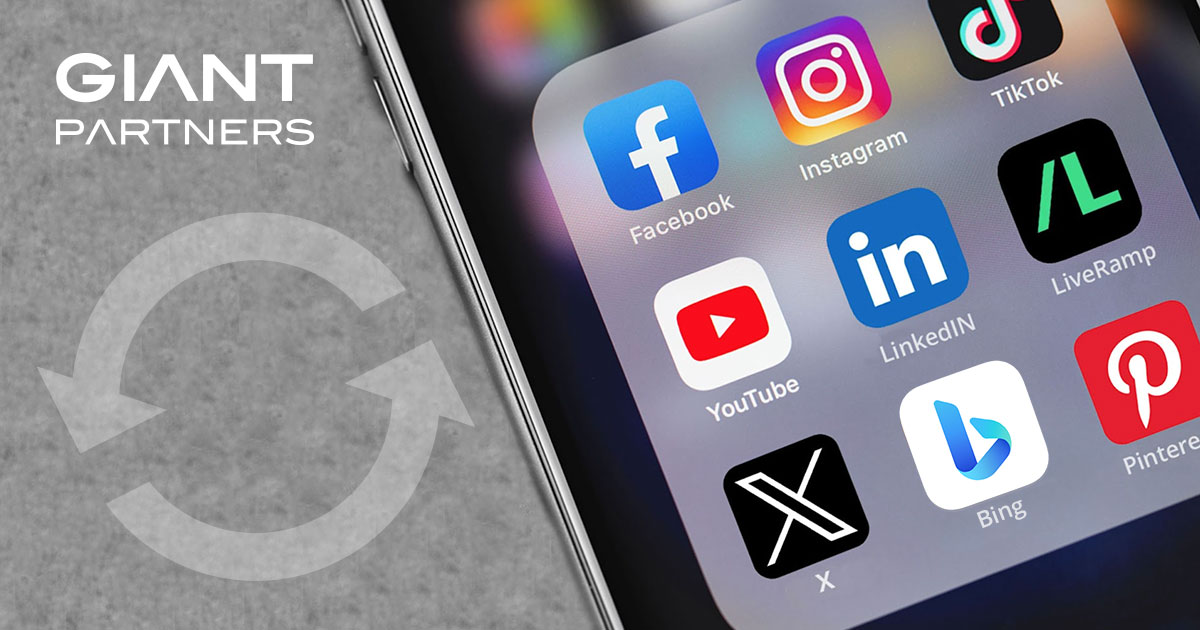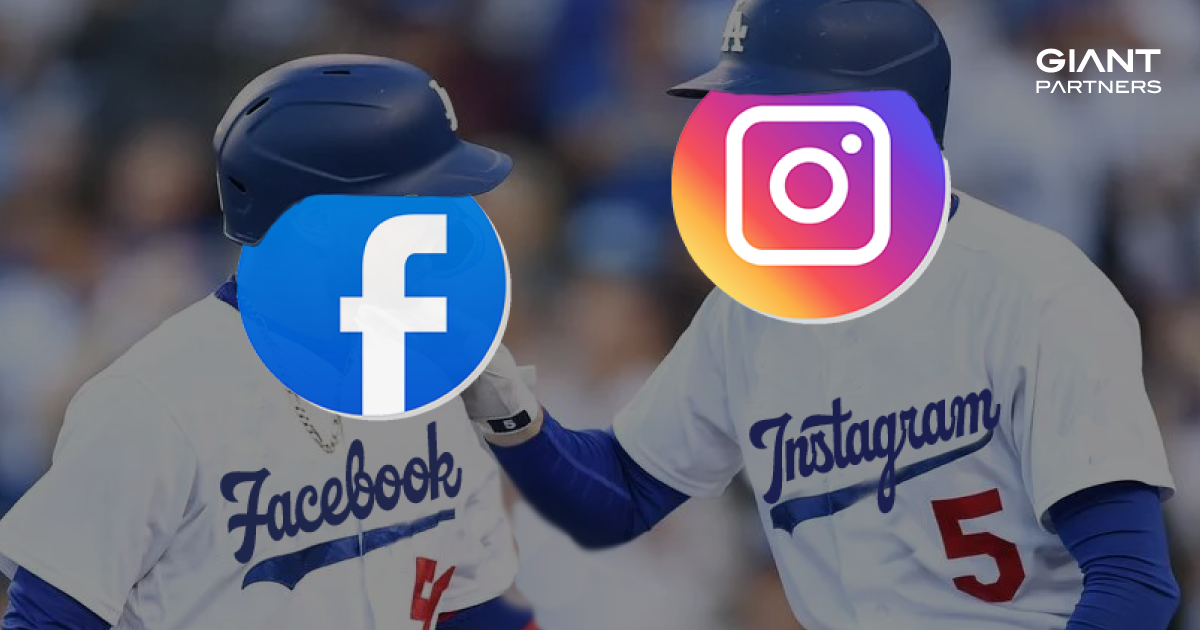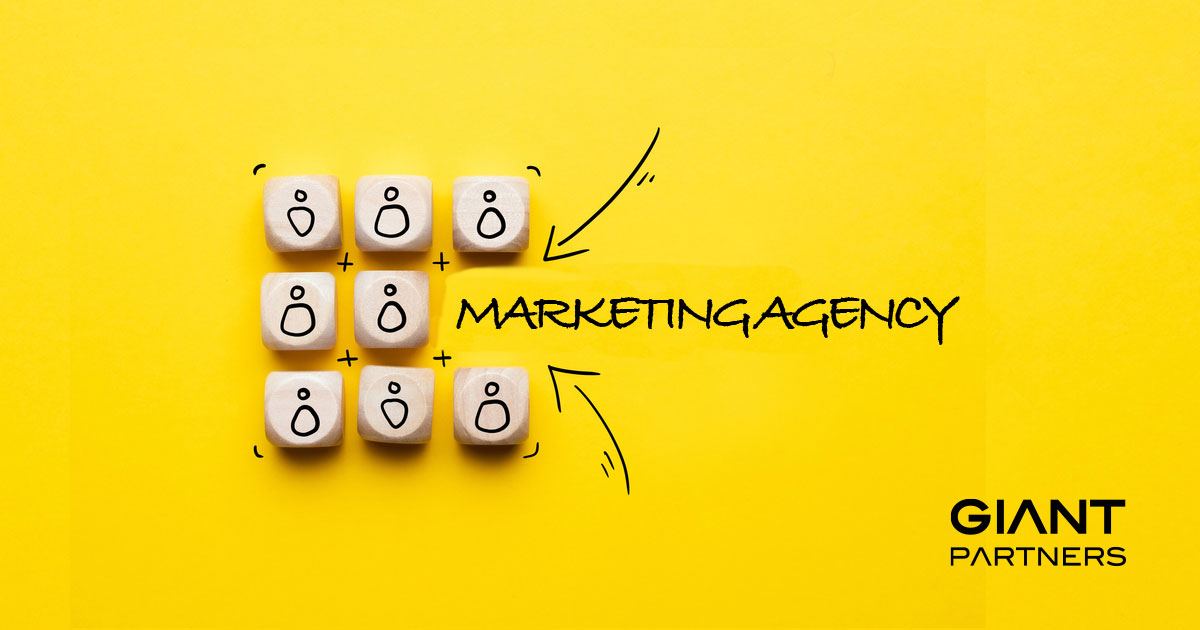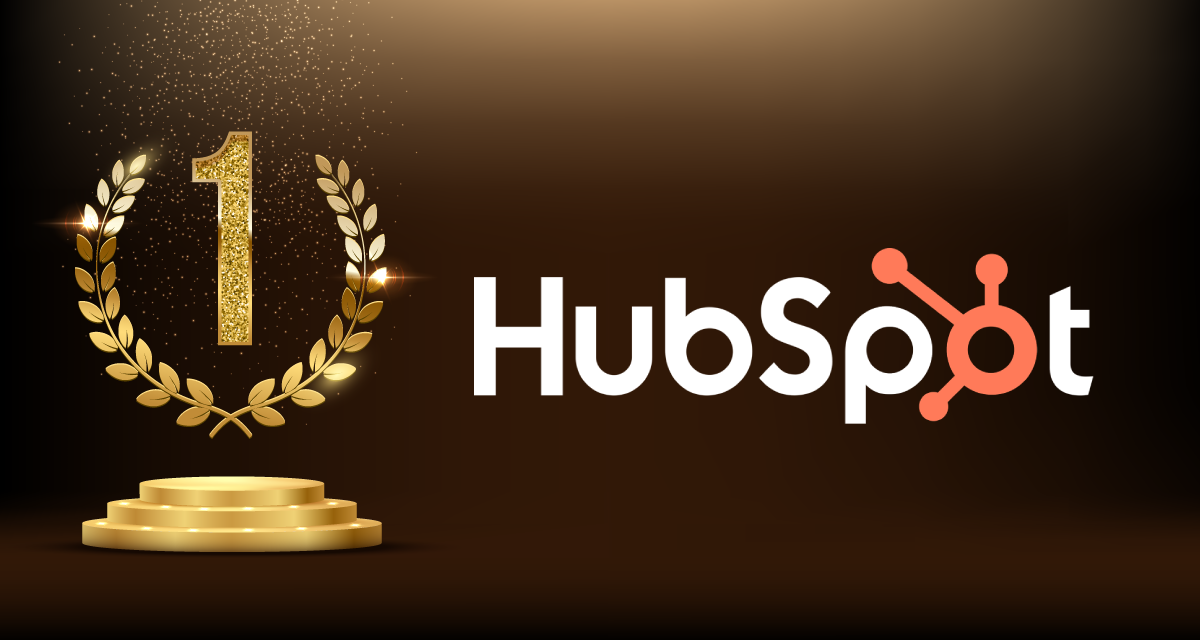You know the saying, “data is king”? Well, in the world of B2B lead generation, data is not just king–it’s everything. The more data you have on your target audience, the easier it will be to generate leads that convert into customers. By harnessing the power of data, you can 50x your lead generation efforts with ease. Nowadays, there are all sorts of data sources available to help you 50x your B2B lead generation efforts.
But what exactly is data?
What Is Data?
In the context of marketing and lead generation, data refers to information about your target audience. This includes things like demographics (age, gender, location), interests and hobbies, job title and company size. Basically, anything that can help you learn more about your ideal customer is valuable data.
Think about it this way: every time someone visits your website, they leave behind a digital breadcrumb. By tracking these breadcrumbs, you can gain valuable insights into the behavior of your target audience. This information can then be used to create targeted lead generation campaigns that are far more likely to succeed than traditional methods.
Table of Contents:
- What is Lead Generation?
- Why Data is Important for Lead Generation?
- Data Sources That Can 50x Your B2B Lead Generation Efforts
- How Can Data Help You Generate More Leads?
- Use Data to Find Your Target Audience
- Data Helps You Understand Your Customers
- Use Data to Create Personalized Communications
- Use Data to Optimize Your B2B Lead Generation Process
- Use Data Enrichment to Find More Qualified Leads
- Data Helps You Develop Effective Marketing Programs
- Data Helps You Measure Results
- Why Buying Data or Lists Is the Best Solution?
- Final Thoughts
What is Lead Generation?
Lead generation is the process of generating interest in a product or service with the goal of converting that interest into a sale. In the past, lead generation was primarily done through offline methods like tradeshows, print advertisements, and cold calling. However, with the advent of the internet, lead generation has shifted almost exclusively to online channels. It is the process of creating and nurturing potential customer interest in a product or service with the goal of eventually converting them into paying customers.
The days of blindly buying lists of leads and spamming them with impersonal sales pitches are long gone. Modern lead generation is all about building relationships with potential customers and providing them with valuable information that will help them make a buying decision.
One of the most effective ways to generate leads is through data. By harnessing the power of data, you can significantly increase the number and quality of leads you generate, giving your sales team a much better chance of closing more deals.
Why Data is Important for Lead Generation
As we mentioned before, data is more plentiful and accessible than ever before. And when it comes to lead generation, this data can be immensely valuable. Data is important for lead generation because it allows you to improve your leads over time. By constantly collecting and analyzing data, you can adjust your campaigns accordingly to ensure that they are always generating the best possible results. Over time, this will result in an ever-increasing number of high-quality leads, which will in turn lead to more sales and revenue for your business.
Nowadays, there are all sorts of data sources available to help you 50x your B2B lead generation efforts. Based on our experience working with hundreds of B2B companies, we’ve compiled a list of the best data sources out there.
Data Sources That Can 50x Your B2B Lead Generation Efforts
- If you’re looking for high-quality leads, LinkedIn is a great place to start. It provides tons of data on each and every one of its members, which you can use to segment and target your leads with pinpoint accuracy.
- Using AdWords, you can get insights into what people are searching for on Google. This data can be used to create targeted ad campaigns that reach leads at the exact moment they’re looking for your product or service.
- Facebook gives you access to a massive audience. Wherein, Facebook Ads allows you to target your ads to a specific audience.
- Twitter has a ton of data on its users. This data can be used to segment and target your leads for more effective engagement.
- Trade Shows and Events, you can collect data on potential leads, such as contact information and product interests. This data can be used to follow up with leads after the event and turn them into customers.
- Market Research Reports can help you identify trends and opportunities in your industry, which can be used to create more effective lead generation campaigns.
- Business Directories provide contact information for businesses in a specific industry or location. This data can be used to create targeted lists of leads for outreach campaigns.
- Government Databases, such as the Census Bureau and the SEC, are excellent sources of data for B2B lead generation. These databases provide insights into various industries and markets, which can be used to segment and target your leads.
- Online Surveys. you can gather information on leads’ demographics, interests, and needs. This data can be used to segment and target your leads for more effective engagement.
- CRM Data, by using a CRM system, you can track your leads’ interactions with your company. This data can be used to segment and target your leads for more effective engagement.
How Can Data Help You Generate More Leads?
And how can data help you generate more leads? By giving you a better understanding of who your target audience is and what they’re looking for. With this knowledge, you can create targeted content that speaks directly to their needs and pain points. As a result, you’ll be able to attract more qualified leads–leads that are much more likely to convert into customers.
So if you’re not using data to drive your B2B lead generation efforts, you’re missing out on a huge opportunity. Here’s how to get started:
Use Data to Find Your Target Audience
The first step to generating leads is finding your target audience. And there’s no better way to find your target audience than by using data. Look at the industries they’re in, their company size, location, and any other relevant factors. By collecting data on your current and potential customers, you can develop a profile of your ideal customer.
Once you have a good understanding of who your ideal customers are, you can start using data to find more companies and individuals that fit that profile. This profile can then be used to create targeted marketing campaigns that will reach your ideal customers where they are most likely to be receptive.
Data Helps You Understand Your Customers
In order to generate leads, you need to understand your target customer. What are their needs and wants? What motivates them? What objections do they have? The more you know about your customers, the better equipped you’ll be to generate leads that convert into sales. And where do you get this information? From data, of course! Customer data can come from a variety of sources, including surveys, interviews, social media, website analytics, and much more. By collecting and analyzing this data, you can gain valuable insights into your customers that will help you generate leads that are more likely to convert.
Use Data to Create Personalized Communications
Once you’ve found your target audience, it’s time to start generating leads. And the best way to do that is by creating personalized communications. Thanks to data, you now have the ability to segment your audience and create highly personalized messages that are tailored specifically to their needs and interests. This is important because research has shown that leads are more likely to convert when they receive personalized communications. In fact, one study found that lead conversion rates increased by 10% when leads were sent personalized messages.
Use Data to Optimize Your Lead Generation Process
Finally, once you’ve started generating leads, it’s important to continuously optimize your process. And the best way to do that is by using data. By analyzing your lead generation process and tracking the results of your campaigns, you can identify areas for improvement and make changes that will help you generate even more leads in the future.
Use Data Enrichment to Find More Qualified Leads
Data enrichment is the process of adding additional data points to the leads in your database. This can be anything from company size and location to industry-specific data points.
Adding more data points to your leads will help you better understand their needs and pain points, and also give you more information to use when reaching out to them.
Data Helps You Develop Effective Marketing Programs
Once you have a good understanding of your customers, you can use data to develop marketing programs that are designed to reach them where they are. Not all customers are the same, so it’s important to tailor your marketing programs accordingly. Data can help you segment your customers and create personalized marketing programs that will be the most effective in reaching them.
Data Helps You Measure Results
It’s not enough to just generate leads; you also need to measure the results of your lead generation efforts. Data can help you do this by tracking the number of leads that are generated, as well as the conversion rate of those leads. This information is essential in understanding what’s working and what’s not so that you can make necessary adjustments.
Why Buying Data or Lists Is the Best Solution?
These days, it’s all about data. No matter what business you’re in, chances are good that data plays a big role in how you operate. That’s why more and more businesses are turning to data providers to get the lists they need to stay competitive. It is the best solution for a number of reasons:
- Purchasing data or lists is a much more cost effective solution than attempting to gather the information yourself. When you purchase data from a reputable provider, you get all of the information you need without having to make any significant investment.
- When you gather data yourself, there’s no guarantee that it will be accurate. This is especially true if you’re relying on public sources of information. Data providers, on the other hand, have access to accurate, up-to-date information that you can depend on.
- Data providers like List Giant offer a wide range of data that you can use to target your marketing efforts. This includes everything from lists of businesses in specific industries to lists of consumers in specific geographic areas.
- If you were to try to compile a list of email addresses or phone numbers on your own, it would take a lot of time and money. Even then, you might not end up with a complete list.
- You get higher quality leads that are more likely to convert when you buy data. This is because the data providers have access to more accurate information
There are a number of reasons why buying data or lists is the best solution for your business. With so much at stake, it’s an investment you can’t afford not to make.
If you need any more convincing, just get in touch with one of our data experts. We’ll be happy to answer any of your questions and help you find the perfect solution for your business.
Final Thoughts
Data should be at the heart of every B2B lead generation effort because it gives you a better understanding of who your target audience is and what they need from you. By creating targeted content that speaks directly to their needs and pain points, you’ll be able attract more qualified leads–and ultimately increase sales for your business! So if you’re not using data-driven marketing methods, now’s the time to start!
Moreover, data is the new currency of B2B lead generation. If you’re not using data to generate leads, you’re missing out on a huge opportunity. By harnessing the power of data, you can easily find your target audience, create personalized communications, and optimize your lead generation process. As a result, you’ll be able to generate more leads than ever before. So what are you waiting for? Start using data today!
